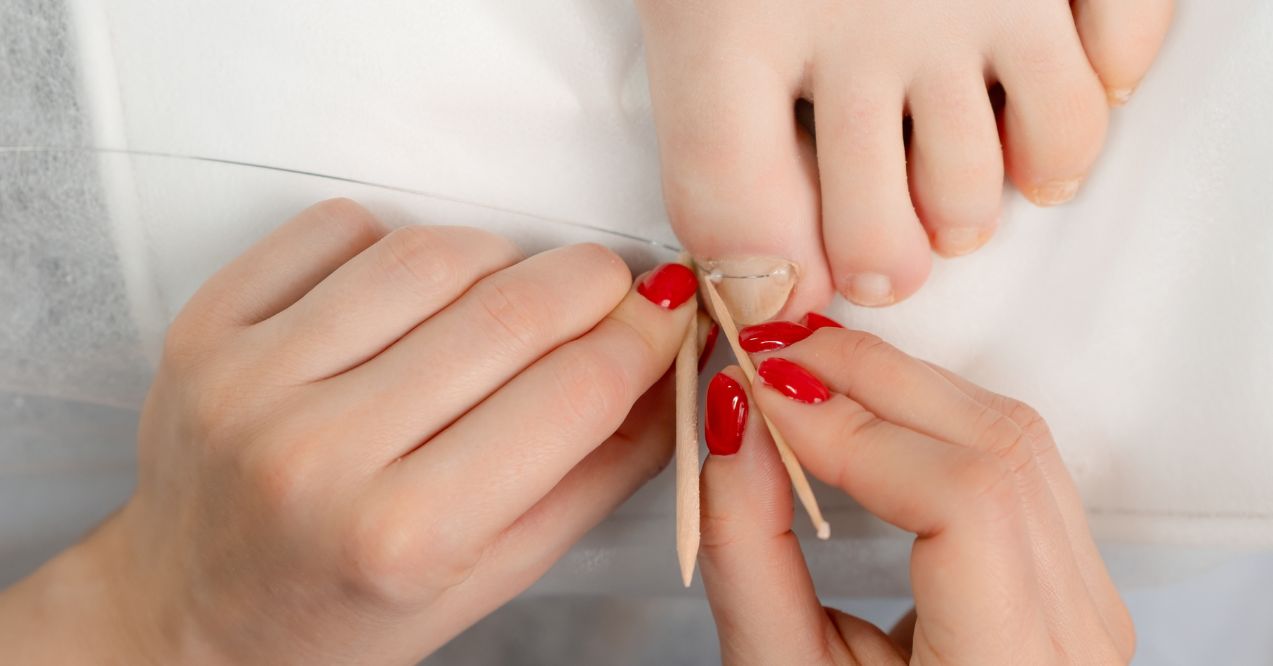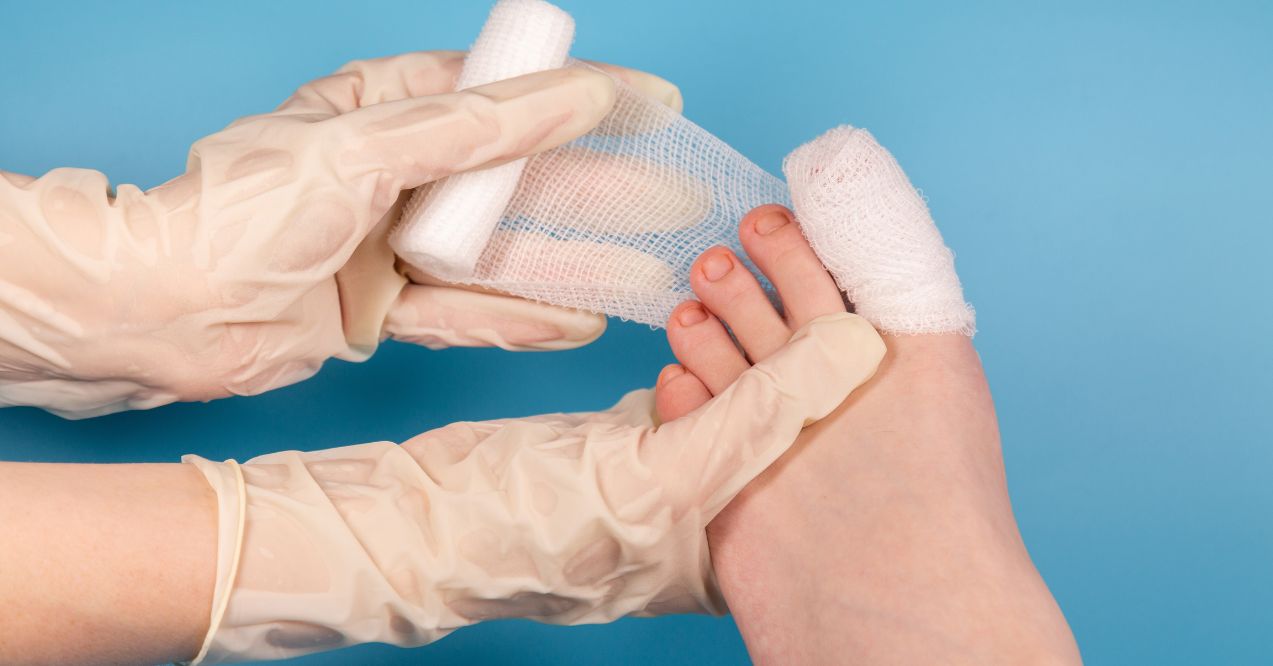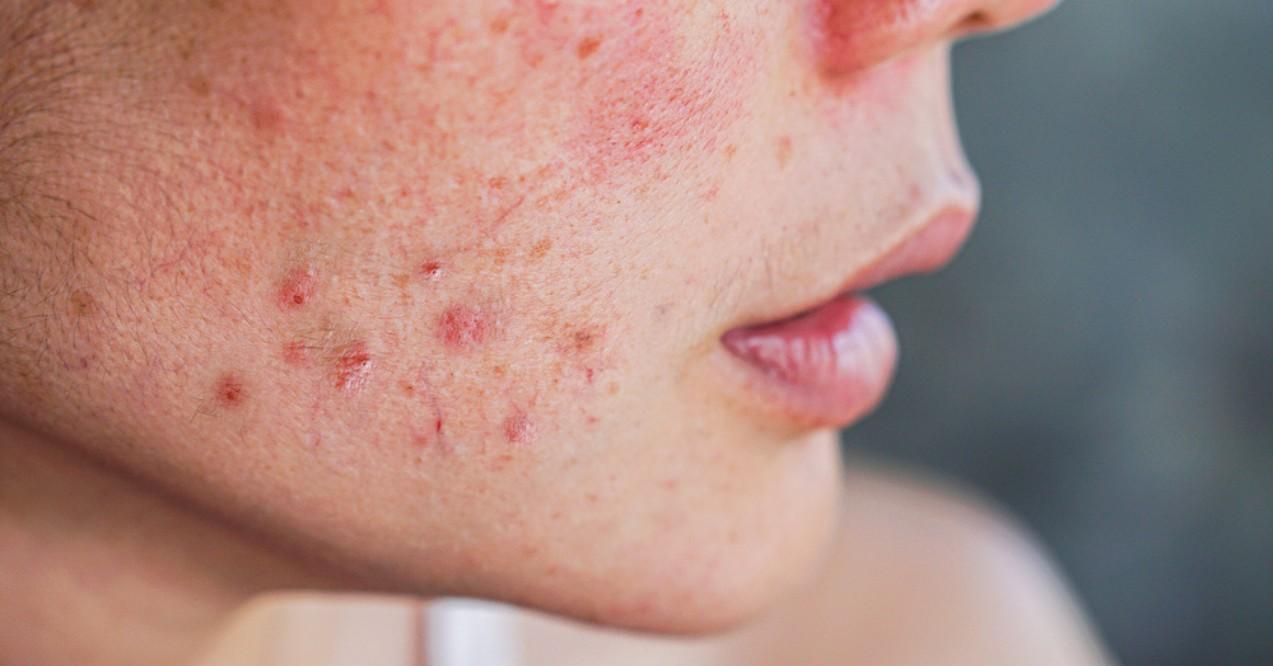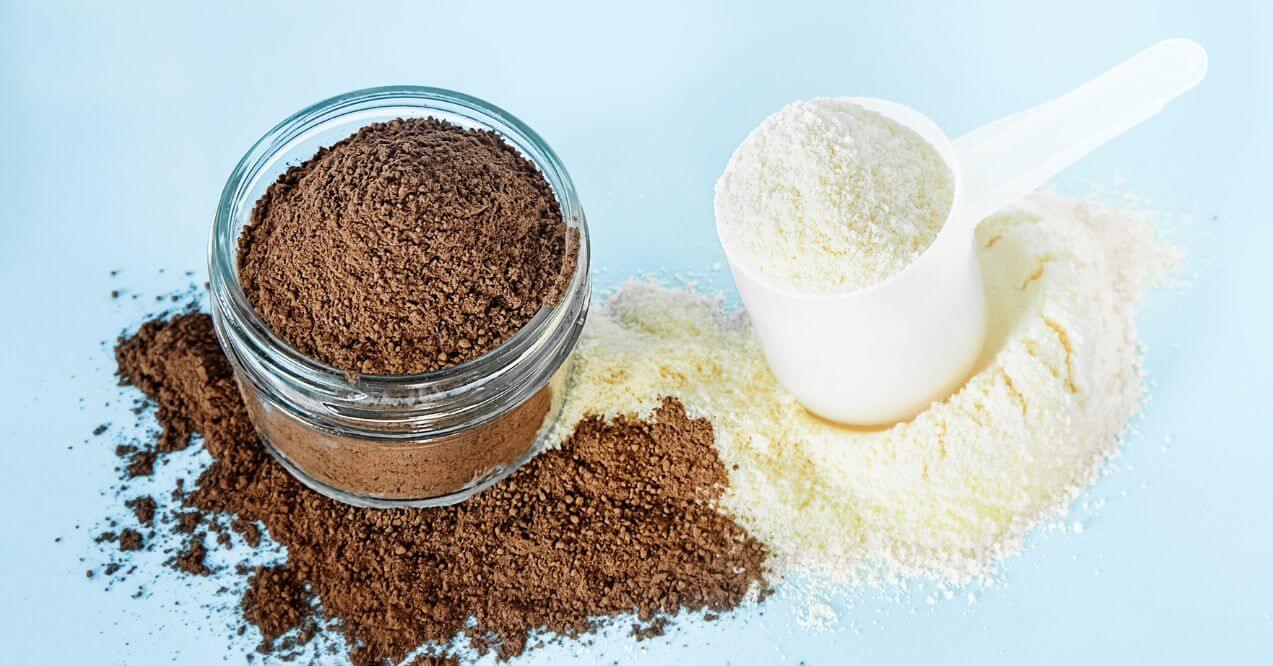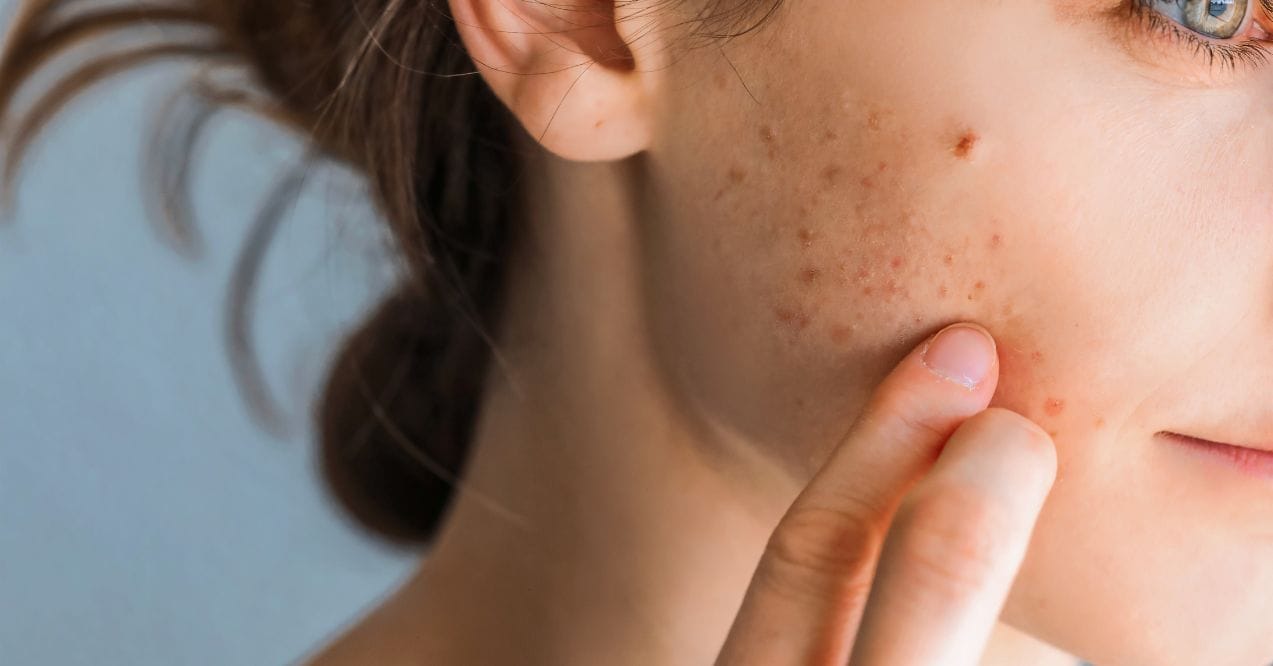Does Creatine Cause Acne? The Impact on Skin Health
Discover the truth: Does creatine cause acne? Unveil the science behind this popular supplement and its impact on skin health. Find out more!


Does creatine cause acne? This is a question that often arises among fitness enthusiasts and those considering adding creatine to their supplement regimen. Creatine is widely known for its ability to enhance muscle growth, strength, and overall exercise performance. However, concerns have arisen regarding its potential impact on skin health, particularly in relation to acne formation.
Therefore, in this blog post, we will delve deeper into scientific evidence related to the relationship between creatine and acne, examine the underlying factors that may contribute to skin issues, and explore effective strategies for promoting skin health while incorporating creatine into your fitness regimen.
By gaining a comprehensive understanding of the relationship between creatine and acne, you will be able to make informed choices to support both your physical performance and skin health, ensuring a balanced approach to achieving your fitness goals while minimizing any potential negative effects on your skin.
What Is Creatine?
Creatine is a natural substance primarily found in muscle cells, where it plays a crucial role in energy metabolism, particularly during short bursts of high-intensity exercise. It functions by aiding the production of adenosine triphosphate (ATP), the primary molecule cells use for energy. During intense physical activity, such as weightlifting or sprinting, the demand for ATP increases significantly.
Creatine helps replenish ATP levels rapidly, allowing muscles to sustain energy output for longer durations. Due to its performance-enhancing effects, creatine has become widely popular among athletes and fitness enthusiasts as a dietary supplement. It is often used to improve strength, power, and muscle mass gains, making it a staple in many training regimens.
Does Creatine Cause Acne?
The question “Does creatine cause acne?” is surrounded by both concern and confusion within the fitness and wellness communities. In short, creatine, a popular dietary supplement used to enhance athletic performance and muscle growth, has been scrutinized for its potential side effects, with acne being frequently mentioned among anecdotal reports.
Current research exploring the direct link between creatine use and the development of acne is limited, leaving much of the discussion to be informed by anecdotal evidence and theoretical considerations. The concern primarily arises from the assumption that creatine may affect hormonal balances, particularly an increase in testosterone levels, which could, in theory, exacerbate or lead to the onset of acne.
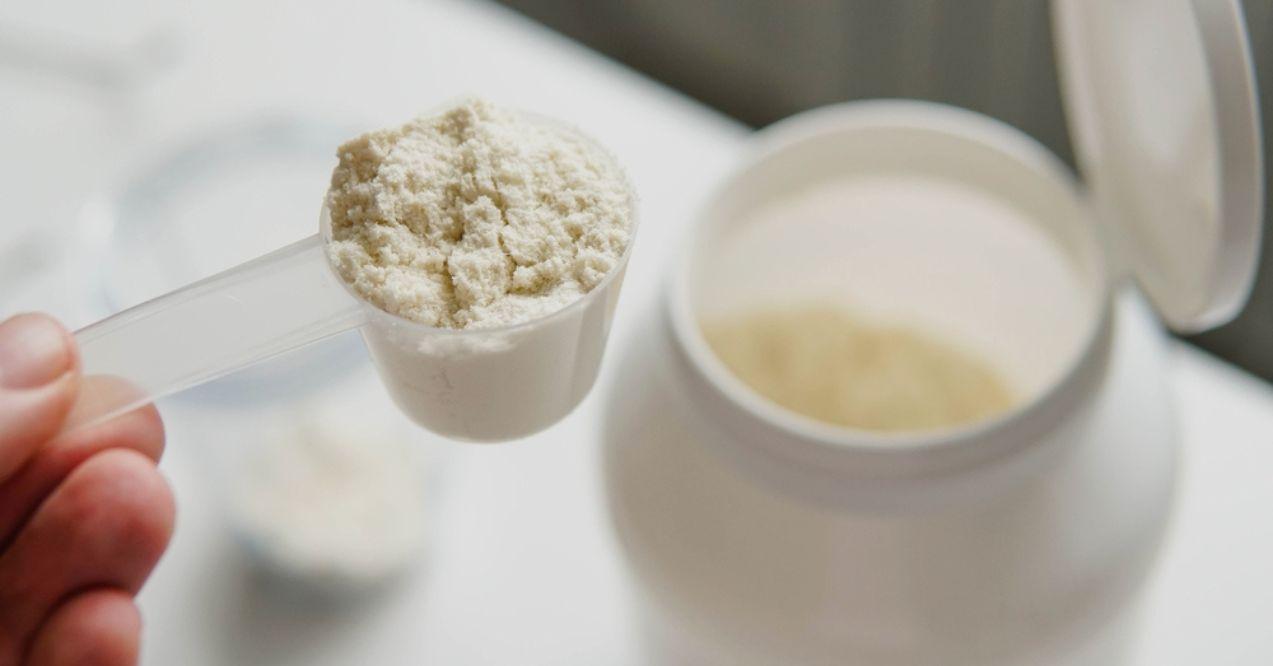
However, this hypothesis is not robustly supported by empirical data. Studies focusing on creatine’s impact on hormonal fluctuations have yielded mixed results, with no conclusive evidence directly associating creatine intake with significant changes in acne-causing hormonal levels.
Dermatologists and nutrition experts, on the other hand, often emphasize the complexity of acne as a condition influenced by a multitude of factors, including but not limited to genetics, diet, hygiene, and stress. Therefore, singling out creatine as a culprit without considering these variables may oversimplify the issue. Moreover, the body’s response to supplements is highly individual, suggesting that while some may notice a correlation between creatine use and acne flare-ups, others may not experience any negative skin reactions.
In summary, the prevailing scientific literature and expert opinions suggest that there is no clear evidence to confirm that creatine directly causes acne. The relationship between dietary supplements and skin health remains a field ripe for further investigation. Individuals concerned about acne and considering creatine supplementation should consult with healthcare providers to tailor advice to their specific health profiles, acknowledging the multifaceted nature of acne and the importance of a holistic approach to skin care and overall wellness, making it essential to consider the best supplements for skin and beauty as part of a comprehensive regimen.
Why Does Creatine Cause Acne?
Although there is no clear answer to the question “Can creatine cause skin problems?”, exploring the potential mechanisms and factors that might link creatine use to changes in skin condition reveals several theories, each contributing to the broader understanding of this issue. Here are the key points:
- Hormonal Fluctuations – Creatine is thought to indirectly influence the body’s hormonal balance. While not directly altering hormone levels, the increased muscle mass and energy levels associated with creatine use could lead to shifts in the body’s hormonal environment, potentially exacerbating skin conditions.
- Increased Sweating – With enhanced performance and intensified workouts facilitated by creatine, users may experience increased sweating. This excess sweat can clog pores, especially when combined with dirt and oils on the skin, creating an environment more prone to breakouts.
- Dietary Shifts – Individuals taking creatine often adjust their diet to support their fitness goals, sometimes increasing protein and dairy intake. These dietary changes can affect skin health, as certain foods are believed to influence the appearance of the acne, though this connection is still under investigation.
- Hydration and Metabolism – Creatine increases water retention in muscles, which might alter the body’s overall hydration status. Adequate hydration is crucial for maintaining healthy skin, and any imbalance could affect the skin’s ability to manage oils and toxins effectively.
These points, while speculative and based on indirect associations, highlight the complexity of the relationship between creatine supplementation and skin health. They underscore the need for personalized consideration and monitoring when using creatine, especially for those with concerns about their skin.
Other Side Effects From Taking Creatine
Creatine supplementation, while beneficial for enhancing athletic performance and muscle growth, has been associated with several side effects based on scientific research. These include:
- Muscle Cramping – There have been reports of muscle cramps and strains among some individuals using creatine. These symptoms may be related to the changes in water and electrolyte balance within the muscles.
- Digestive Issues – Creatine intake, especially in high doses, can lead to digestive discomfort for some users. Symptoms may include nausea, diarrhea, and stomach pain, often attributed to the body’s adjustment to the supplement.
- Increased Muscle Mass – While often the goal for those supplementing with creatine, the rapid increase in muscle mass can sometimes lead to discomfort or a feeling of tightness in the muscles.
These side effects are not experienced by all users and can vary in intensity. Monitoring the body’s response to creatine and adjusting the dosage accordingly can help mitigate some of these effects, ensuring a more comfortable and beneficial supplementation experience.
How to Protect Your Skin While Working Out?
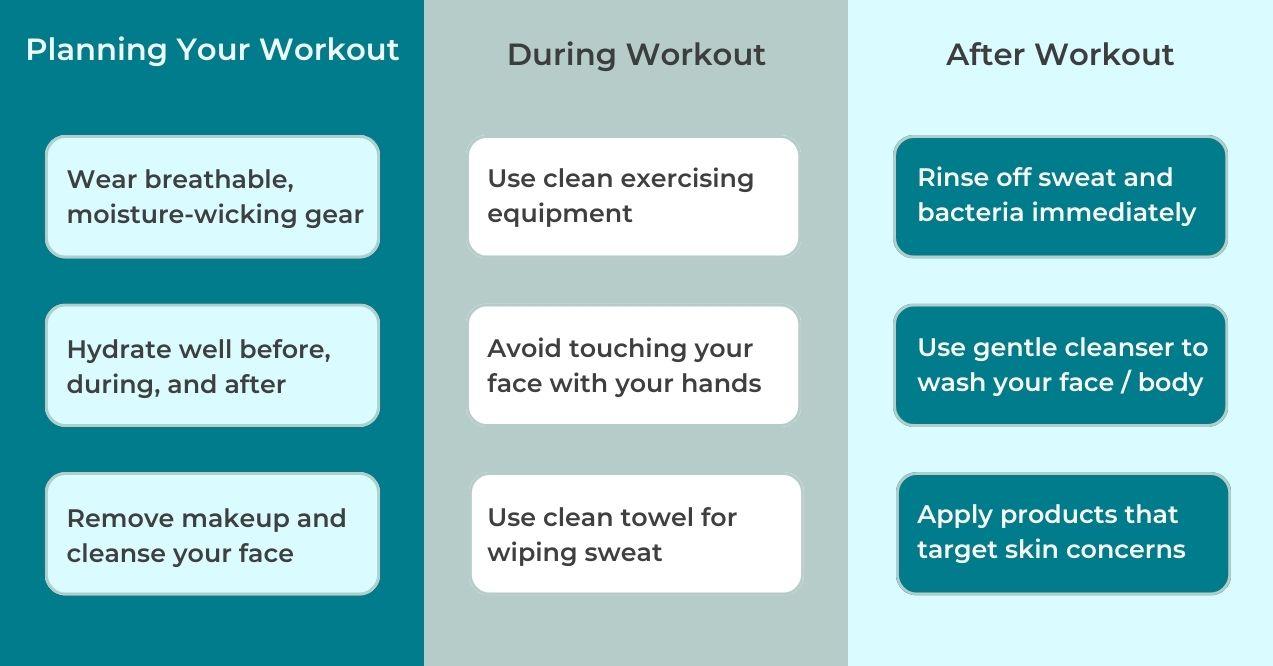
Maintaining healthy skin during exercise routines is crucial for both your physical health and self-confidence. Engaging in regular workouts can promote not only fitness but also enhance your overall well-being, including the health of your skin. However, the combination of sweat, oil, and friction during exercise can challenge your skin’s integrity. Here, we offer practical tips and strategies to protect your skin while keeping active, emphasizing the importance of hygiene practices and skin care recommendations that support a healthy lifestyle. Additionally, an interesting aspect to consider is the relationship between gut health and acne, suggesting that what we consume can reflect on our skin’s condition.
Planning Your Workout
- Choose Appropriate Workout Gear – Opt for breathable, moisture-wicking fabrics to minimize sweat buildup and reduce friction on the skin. Tight clothing can trap sweat and bacteria, leading to irritation.
- Hydrate Well – Drinking plenty of water before, during, and after your workout helps maintain hydration, supporting both skin and muscle health.
- Cleanse Before Exercise – Remove makeup and cleanse your face to unclog pores, allowing your skin to breathe and sweat naturally without obstruction.
During Workout
- Use Clean Equipment – Whether at the gym or at home, ensure that the equipment you use is clean to avoid transferring bacteria to your skin.
- Touch Your Face Less – Avoid touching your face with your hands during workouts to prevent the transfer of germs and dirt.
- Manage Sweat – Blot sweat away with a clean towel instead of wiping, which can irritate the skin. Keep a separate towel for your face and body if possible.
After Workout
- Shower Promptly – Rinse off sweat and bacteria immediately after your workout to prevent clogged pores and skin irritation.
- Gentle Skin Care – Use a gentle cleanser to wash your face and body, followed by a moisturizer that suits your skin type to restore hydration.
- Address Skin Concerns – Apply products that target specific skin concerns, such as redness or bumps, with ingredients known to soothe and protect the skin.
Incorporating these strategies into your fitness routine can help safeguard your skin’s health, allowing you to enjoy the benefits of exercise without compromising your skin’s integrity. Remember, maintaining a balance between physical activity, proper nutrition, and skin care is key to managing concerns like gut health and acne effectively.
Conclusion
So, is creatine good for skin, or should it be avoided? This question does not have a straightforward answer. While some individuals may experience no adverse effects on their skin from creatine supplementation, others might notice changes, including the development of acne. Therefore, if you are considering incorporating creatine into your regimen and are concerned about its potential effects on your skin, it is advisable to consult with a dermatologist or other qualified healthcare provider.
Some evidence suggests creatine may increase DHT levels, potentially worsening acne. However, individual responses vary, and more research is needed for definitive conclusions.
Creatine monohydrate is the most common form, with other variations like creatine ethyl ester and creatine hydrochloride also available.
Maintain a balanced diet, stay hydrated, practice good hygiene, and consider skincare products with ingredients like salicylic acid or benzoyl peroxide.
Sign up for our Healthy Living newsletter!
Advertisement. This site offers health, wellness, fitness and nutritional information and is designed for educational purposes only. You should not rely on this information as a substitute for, nor does it replace, professional medical advice, diagnosis, or treatment. If you have any concerns or questions about your health, you should always consult with a physician or other health-care professional. Do not disregard, avoid or delay obtaining medical or health related advice from your health-care professional because of something you may have read on this site. The use of any information provided on this site is solely at your own risk.



